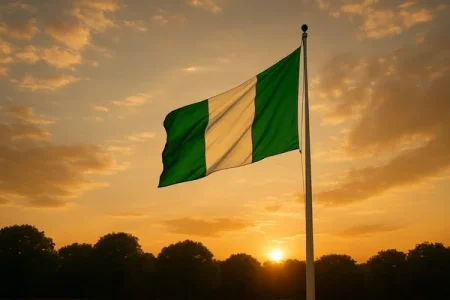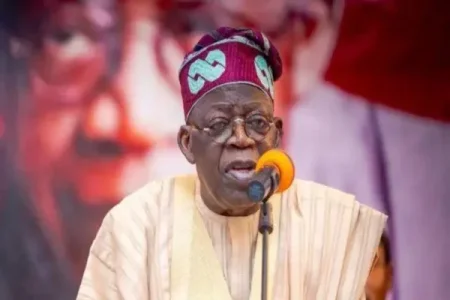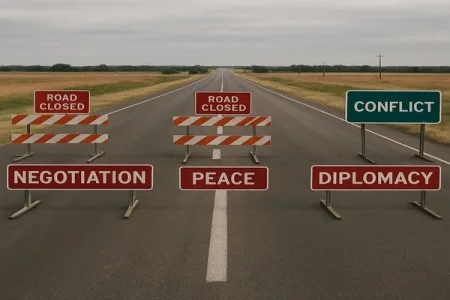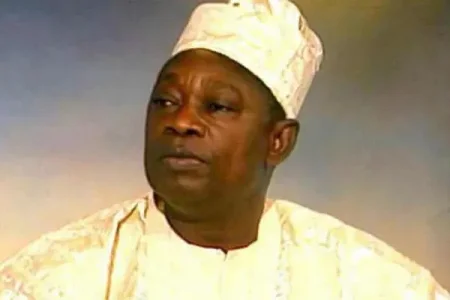
President Bola Tinubu conferred national honours on 52 individuals during his Democracy Day address, specifically recognising those targeted by General Sani Abacha's military regime (1993-1998). The comprehensive list predominantly features freedom fighters who were murdered, imprisoned, exiled, or hunted by Abacha's security apparatus for opposing military dictatorship. Notable recipients included Nobel Laureate Prof. Wole Soyinka (GCON), June 12 martyr Kudirat Abiola (CFR), executed environmental activist Ken Saro-Wiwa (CON), and veteran publisher Uncle Sam Amuka Pemu (CON).
The recognition represents formal acknowledgment of systematic persecution endured by democracy advocates during Nigeria's darkest political period.
- Prof. Wole Soyinka (GCON): Nobel Literature Prize winner and democracy activist who faced imprisonment and exile under military rule whilst consistently advocating for human rights and democratic governance.
- Kudirat Abiola (CFR, Posthumous): Wife of detained MKO Abiola, assassinated by Abacha's agents on June 4, 1996, for continuing the June 12 struggle after her husband's imprisonment, becoming the primary target for elimination.
- Ken Saro-Wiwa (CON, Posthumous): Environmental activist executed by the Abacha regime on November 10, 1995, alongside eight Ogoni activists, despite international condemnation and appeals for clemency from world leaders.
- Uncle Sam Amuka Pemu (CON): 90-year-old publisher who survived Abacha's systematic media crackdown through courage and resilience, maintaining press independence whilst colleagues fled or faced detention.
- Dr. Beko Ransome-Kuti (CON, Posthumous): Physician repeatedly imprisoned by Abacha for leading the Campaign for Democracy, enduring torture and solitary confinement for organising civil resistance against military rule.
- Femi Falana, SAN (CON): Human rights lawyer who defended political prisoners during the Abacha era, facing harassment and threats whilst providing legal protection for targeted activists and journalists.
- Chief Bola Ige (CFR, Posthumous): Political leader who opposed Abacha's perpetuation agenda and faced persecution, later assassinated in 2001 under suspicious circumstances linked to his democratic activism.
- Pa. Alfred Rewane (CFR, Posthumous): Businessman murdered by Abacha's agents on October 6, 1995, for financing opposition activities and supporting families of detained democracy activists through NADECO.
- Bagauda Kaltho (OON, Posthumous): Journalist who disappeared on January 18, 1996, after investigating Abacha regime corruption, becoming a symbol of the systematic elimination of investigative reporters.
- Shehu Musa Yar'Adua (GCFR, Posthumous): Former Head of State who died in Abacha's prison on December 8, 1997, after refusing to support the military government's legitimacy and political transition manipulation.
Honouring Abacha's targets reveals a complex relationship between past persecution and present power. Tinubu's recognition of systematic victims creates moral authority whilst potentially highlighting uncomfortable parallels between yesterday's military exclusion and today's civilian gatekeeping.
The specificity matters deeply. These weren't abstract democracy advocates but specific individuals hunted, murdered, and eliminated by state machinery. Acknowledging their sacrifice whilst governing through closed sessions creates tension between honouring past democratic martyrs and practising contemporary democratic inclusion.
Most revealing is timing: recognising freedom fighters on Democracy Day whilst limiting citizen access suggests leadership that understands democratic symbolism but struggles with democratic practice. For survivors like Uncle Sam Amuka Pemu and Femi Falana, receiving honours from closed government sessions must evoke complex emotions about how far Nigeria has travelled from Abacha's brutality.
Nigerian political psychology recognises this pattern: current leaders gain legitimacy by condemning past oppression whilst potentially reproducing exclusion through different mechanisms. The question becomes whether honouring yesterday's victims strengthens today's democracy or substitutes symbolic recognition for substantive participation.
How does honouring Abacha's victims whilst governing through exclusive sessions reflect on Nigeria's democratic evolution? What lessons should current leadership draw from the systematic persecution of freedom fighters?




